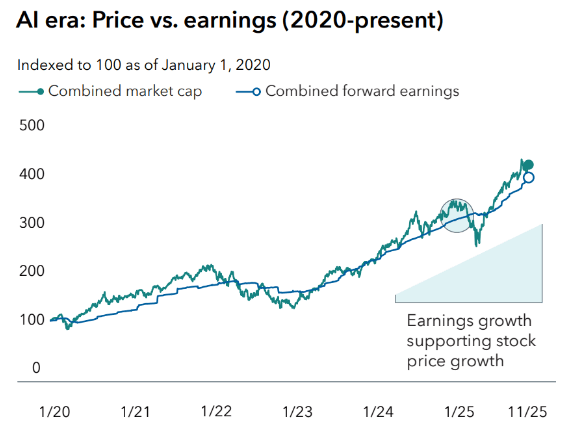We had a fascinating conversation with John Emerson. He provides such a wealth of experience and knowledge, we could have picked his brain for much longer than an hour. Below, we’ll list a few highlights and you can watch a recording.
- Interesting fact: if anyone except for the President is in country, by protocol the Ambassador is senior to that person.
- Six weeks into Emerson’s Ambassadorship, word broke that the U.S. had been tapping German Chancellor Angela Merkel’s phone. He was the first ambassador since World War II to be “convoked,” which is the diplomatic term for being dragged in and yelled at.
- Regarding potential changes to the tax code if the Democratic Party sweeps Congress and the Presidency,
- Changes are unlikely to affect 2021 taxes. The primary goals for a new administration will be the pandemic and a vast stimulus package. President Obama did not change the tax code until 2013, five years into his presidency.
- He can’t imagine that there would be an elimination of the step up in cost basis or an increase in capital gains tax rates. They are politically unpopular. And Democrats would only have a slim majority and need centrists to approve any deal.
- He expects taxes to increase on those who make more than $400,000 by restoring the high-end tax rates that existed pre-2018. He does not expect taxes to go up on families who make under $400,000.
- He expects corporate tax rates to go up, perhaps to 25-26%, which is still lower than a few years ago.
- There may be a reduction of the estate tax exemption from $11 million. The specter may suggest starting to think about planning strategies.
- Despite today’s climate, Emerson sees sources of optimism.
- He had been concerned about a strong pull toward Nationalism. He’s now seeing a rebuilding of the consensus-driven political center. The EU is working together in ways they haven’t before.
- The pandemic has highlighted the need for collective action, which may help us address global issues that require collaboration – climate change, nuclear proliferation, the refugee crisis.
- There is now a recognition that globalization isn’t a panacea, and that many people are disadvantaged.
Get the BEW Newsletter Direct to Your Inbox
Stay informed with timely perspectives and market insights from the BEW Invest team.



